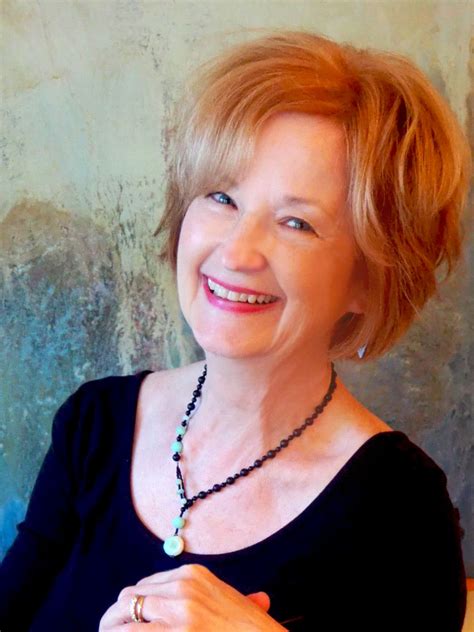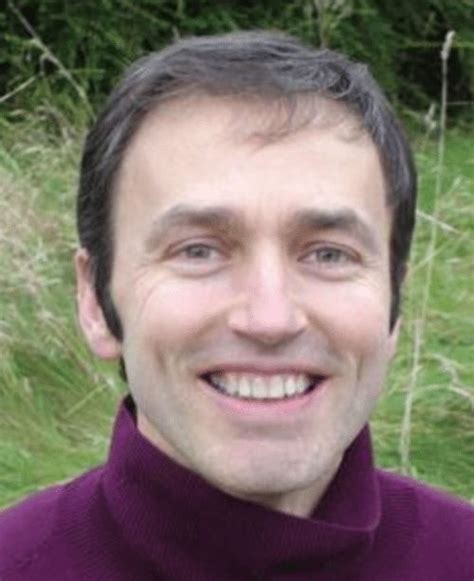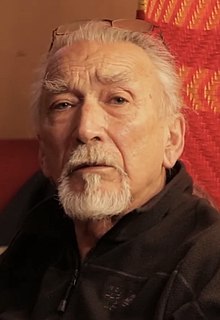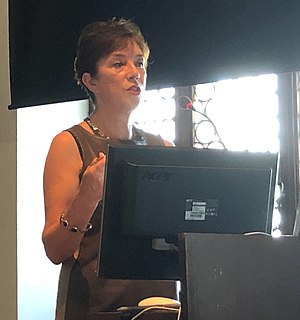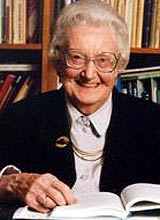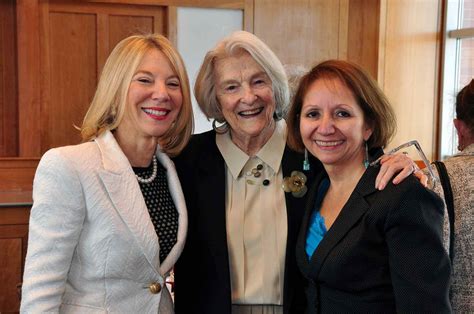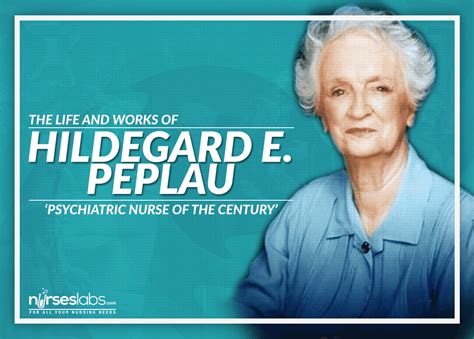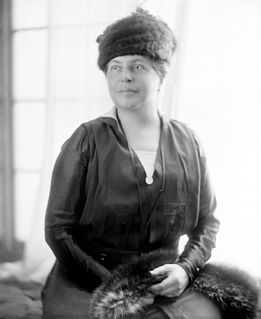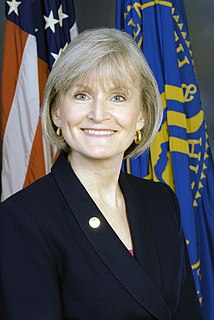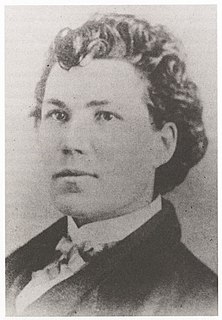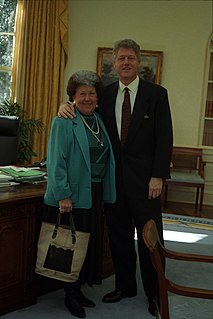A Quote by Rebecca McClanahan
Memory is an act of meaning-making. It collects the disparate pieces of our lives and distills them.
Related Quotes
The art and science of memory is about developing the capacity to quickly create images that link disparate ideas. Creativity is the ability to form similar connections between disparate images and to create something new and hurl it into the future so it becomes a poem, or a building, or a dance, or a novel. Creativity is, in a sense, future memory.
We live with such easy assumptions, don't we? For instance, that memory equals events plus time. But it's all much odder than this. Who was it said that memory is what we thought we'd forgotten? And it ought to be obvious to us that time doesn't act as a fixative, rather as a solvent. But it's not convenient--- it's not useful--- to believe this; it doesn't help us get on with our lives; so we ignore it.
Memory is the great deceiver. Perhaps there are some individuals whose memories act like tape recordings, daily records of their lives complete in every detail, but I am not one of them. My memory is a patchwork of occurrences, of discontinuous events roughly sewn together: The parts I remember, I remember precisely, whilst other sections seemed to have vanished completely.
We read novels because we need stories; we crave them; we can’t live without telling them and hearing them. Stories are how we make sense of our lives and of the world. When we’re distressed and go to therapy, our therapist’s job is to help us tell our story. Life doesn’t come with plots; it’s messy and chaotic; life is one damn, inexplicable thing after another. And we can’t have that. We insist on meaning. And so we tell stories so that our lives make sense.
We do not go to bed in single pairs; even if we choose not to refer to them, we still drag there with us the cultural impedimenta of our social class, our parents' lives, our bank balances, our sexual and emotional expectations, our whole biographies-all the bits and pieces of our unique existences.
Like our physical bodies, our memory becomes out of shape. As children, we are constantly learning new experiences, but by the time we reach our 20s, we start to lead a more sedentary life both mentally and physically. Our lives become routine, and we stop challenging our brains, and our memory starts to suffer.
